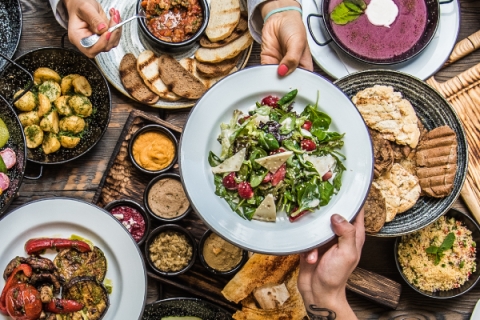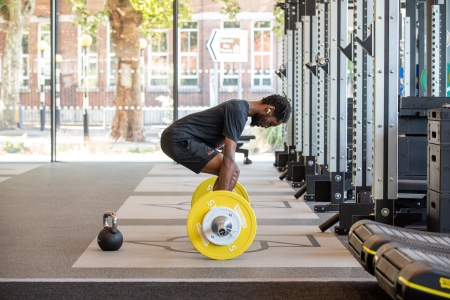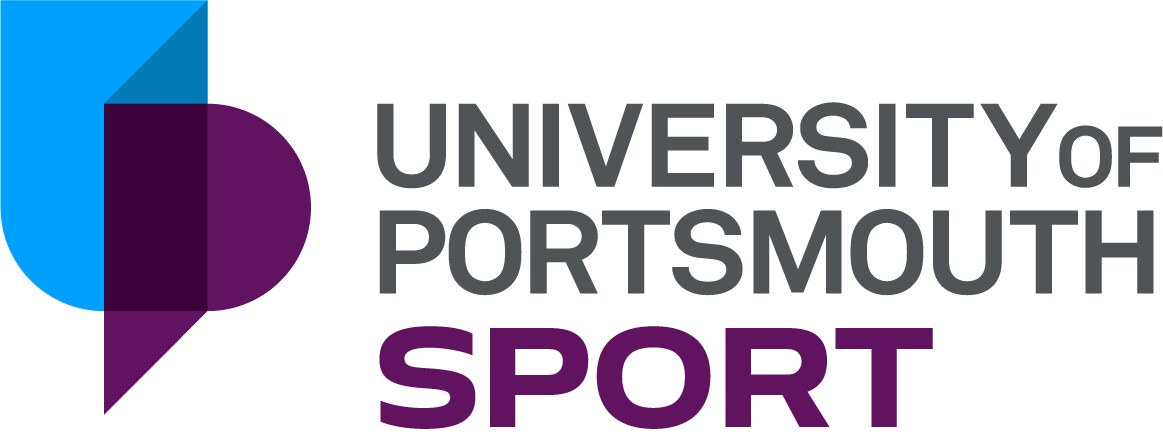

Switching to a vegan diet can provide you with astounding benefits, but only when you ensure you are fuelling your body with the right nutrients.
21 January 2022
5 min read
Veganuary is the perfect opportunity to trial a vegan diet, and you never know, maybe you’ll go back to your usual diet at the end of the month, or maybe you’ll decide to make the change completely. However, it is understandable to feel daunted when embarking on switching to a vegan diet. Finding food alternatives to ensure that you are able to gain the right nutrients from your food and have enough energy to do everything you usually do may seem difficult at first, but it is completely achievable. We hope this article can help you on the road to veganism, whilst still ensuring that your body is fuelled for working out. There are so many meal options out there, it’s just knowing what they are.

Eating plant-based has changed my outlook on food and made me understand the benefits of the healthy foods that we take for granted e.g. improved energy balance, decreased body fat, quicker recovery during and after exercise, and prevention/healthy regulation of chronic diseases, to name a few. Besides this, eating plant-based is great for eating/cooking on a budget, and has improved my cooking skills. There are so many ways to prepare/cook fruit and vegetables which has allowed me to think outside the box and create new dishes.
Kobbii, Health and Fitness Instructor
High energy vegan foods
If you’re used to exercising regularly, or if you are trying to exercise more than you usually would, it is vitally important to ensure that you are supplying your body with high energy foods. Any of the following can provide you with the energy you need:
|
|
|
|
|
|
|
|
|
|
|
|
High protein vegan foods
When consuming proteins it’s important to know that the body will only use the protein it needs. In cases where excess protein is consumed, the majority will be excreted as waste.
If you’re aiming to lose/maintain your body weight by burning excess body fat and improving muscle definition, plant-based foods that are high in protein, alongside green leafy vegetables (such as spinach and kale among others) provide sufficient levels of protein and nitrogen (which aids the synthesis of amino acids in the body).
With reference to scientific recommendation, the average adult would need to eat roughly 0.75g per kg of body weight per day. If you’re aiming to build muscle mass, it is ideal to use this principle to identify how many grams of protein you need in order to bulk. For example, if you weigh 60kg you would need to eat at least 60 x 0.75g of protein each day (= 45g/day) to build muscle.
Ideally, protein from plant-based foods are great for fat burning and improving muscle definition. Plant-based supplements however are a great solution for healthy options to build muscle (e.g. a smoothie or a snack).
Here are some examples (The levels of protein listed in the foods below are all per 100g unless stated otherwise):
- Plant Proteins
- Lentils - 8-9g
- Chickpeas - 7g
- Garden peas and beans - 7g
- Baked beans around - 5g
- Green Vegetables
- Spinach - 3g
- 80g Broccoli - 3g
- 6 spears of asparagus - 2g
- Kale - 2g
- Seeds & Nuts
- Pumpkin Seeds - 19g
- Sunflower Seeds - 20g
- 1 Oz Sesame Seeds - 5g
- 1 Tablespoon Chia Seeds - 2g
- 5g (2 handfuls) Almonds/Cashews - 1g
- Tofu - 8g
- Quinoa - 4g
- Brown and wild rice - 4g
Foods you can include regularly in a vegan diet
- Avocado
- Fresh fruits
- Vegetables and leafy greens
- Grains (oats, brown rice, wild rice, barley, millet and quinoa)
- Plant proteins(chickpeas, beans, peas, edamame beans, tofu, puy lentils, sprouts)
- Fermented soya foods (tempeh, tofu, tamari)
Vegan food to snack on
| Fruit and nut butter | Edamame | Trail mix |
| Roasted chickpeas | Fruit leather | Rice cakes |
| Hummus and vegetables | Fruit and vegetable smoothies | Oatmeal with fruit, nuts or seeds |
| Salsa and homemade tortilla chips | Homemade granola | Fruit and nut bars |
| Dried coconut | Dark chocolate | Bake veggie chips |
| Spiced nuts | Frozen grapes | Seaweed crips |
Vegan smoothies
Fitting in three meals and enough snacks into a busy lifestyle can seem difficult at times. Smoothies can be an ideal substitute for snacks, whilst still providing you with energy and keeping you full throughout the day. Some popular vegan smoothies include:
- Citrus smoothie - 1 cup fresh spinach, ¾ cup water, 1 orange, ¼ cup mango (frozen), ¼ cup pineapple (frozen) and ½ banana.
- Chocolate peanut butter and banana smoothie - 2 whole ripe bananas, 3 to 4 tablespoons cocoa powder, 1 tablespoon pure maple syrup, 1/4 cup creamy peanut butter, 3 cups vanilla almond milk, vanilla coconut milk, or another vanilla-flavoured dairy-free milk alternative and 1/2 cup ice cubes.
- Triple berry protein smoothie - 1/2 cup frozen cauliflower rice, 1/2 cup frozen strawberries, 1/4 cup frozen raspberries, 1/4 cup frozen blueberries, 1/4 of an avocado, 1 scoop vegan vanilla protein powder and 1 cup Unsweetened Protein Milk.
These are just a few examples of delicious vegan smoothies you can indulge in, if you would like to try different smoothies, there are plenty of recipes online. Alternatively, you can try to make your own!
The benefits of a vegan diet
Contrary to popular belief, there is a range of personal benefits that come with going vegan, as well as all of the environmental benefits. These include:
- Vegan food is extremely rich in the nutrients your body needs.
- Eating vegan reduces the risk of suffering from cancer and other diseases.
- Vegan food can boost your mood.
- Eating vegan can help you to achieve healthy body weight.
- A vegan diet can help prevent type 2 diabetes.
- Your skin can benefit.
- Can reduce the pain of arthritis.
January is often the month for setting goals for the year ahead, many people aim to improve their overall fitness. As well as regularly taking part in exercise, all of the benefits that come with a vegan diet can make achieving your goals much simpler. It’s important to note that even if you are not able to completely switch to veganism, even incorporating a few vegan meals into your diet can provide you with astounding health benefits and positively impact the planet too.
If you have gone vegan this January, it is important to make sure that you are still providing your body with adequate substitutes for the non-vegan foods that you would usually eat. Any of the foods mentioned within this article are perfect additions to your diet. As well as this, through finding healthy and delicious food alternatives, you are less likely to miss and crave the foods that you are used to, meaning you are more likely to stick to veganism for longer.
So it’s clear, in order to maintain a vegan diet, you don’t need to compromise on your energy levels. We hope that the information we have provided you with throughout this blog has given you a solid basis to comfortably make the transition to veganism, whilst still pursuing your fitness goals. Let us know how you get on!
You can find out more information on the NHS website.

